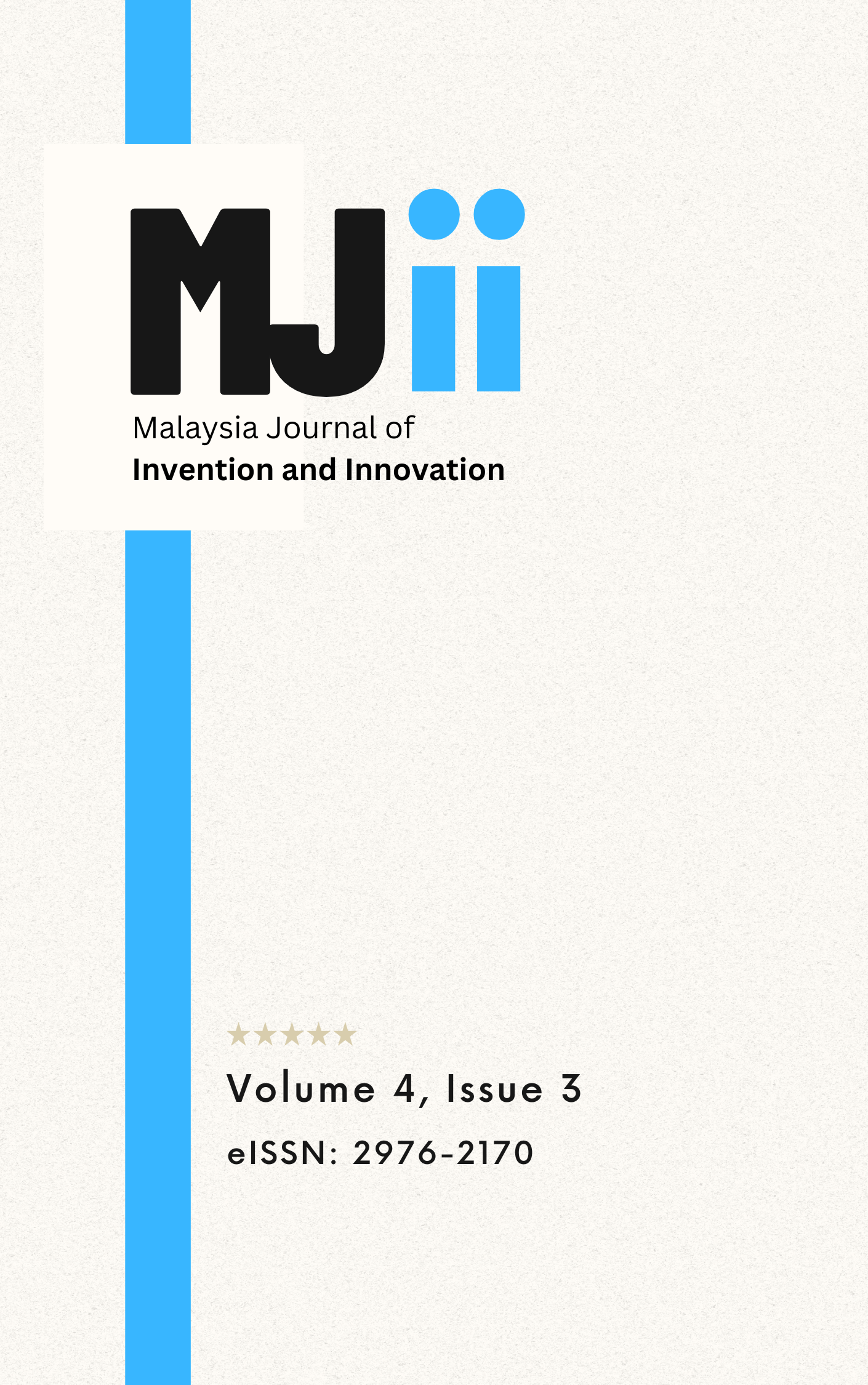When AI intervene Clinical Decision-Making: The influence of Organisational Support, Cognitive Load, and Perceived Autonomy
DOI:
https://doi.org/10.64382/mjii.v4i3.112Abstract
The integration of Artificial Intelligence (AI) in healthcare holds the potential to optimise clinical decision-making. However, the effectiveness of AI intervention in clinical decision-making can influence the ability of healthcare professionals to effectively process and apply AI-generated recommendations. This research examines the influence of organisational support (OS) on cognitive load (CL) and its impact on the effectiveness of AI-assisted clinical decision-making. The study further investigates the mediating role of cognitive load and explores the moderating effect of perceived autonomy (PA). Organisational Support Theory (OST), Cognitive Load Theory (CLT), and Self-Determination Theory (SDT) are used to support these dynamics. The targeted respondents are medical doctors in Malaysia, and data are analysed using Partial Least Squares Structural Equation Modeling (PLS-SEM). It is expected that the increased OS will reduce CL, leading to improved AI-assisted clinical decision-making, with PA strengthening this relationship. The findings offer actionable insights for healthcare institutions, suggesting strategies to strengthen AI implementation, streamline workflows, and enhance clinical decision-making.
Downloads
Published
Issue
Section
License
Copyright (c) 2025 Isparan Shanthi, Ai-Na Seow

This work is licensed under a Creative Commons Attribution 4.0 International License.
The authors of MJII retain copyright to the content of the articles.
The content is published under the Creative Commons Attribution (CC BY) 4.0 which allows content to be copied, adapted, displayed, distributed, republished, or otherwise re-used for any purpose, including for adaptation and commercial use provided the content is attributed without any restriction.
Authors Rights
The Journal grants you the following non-exclusive rights, subject to giving propoer acknowledgement to the original journal. The authors may:
(i) to reprint or reproduce the contribution, in whole or in part, in any publication of your interest.
(ii) to use material for teaching purposes; including availability of the matarial in academic course.
(iii) to post a copy of the contribution on your personal or institutional web server, provided that the server is non-commercial and there are no charges for access, and
(iv) to deposit a copy of the contribution in a non-commercial data repository maintained by an institution of which you are a member.
Author's Agreement
Author(s) guarantee the journal the following:
(i) that the contribution is their original work;
(ii) that it contains, no matter what, content that is defamatory or is otherwise unlawful or which invades rights of privacy or publicity or infringes any proprietary rights (including copyright);
(iii) that the contribution has not been published elsewhere in whole or in part and that no agreement to publish is outstanding other than this agreement. Author(s) agree to be responsible and hold the journal, its editors, staff and affiliate organizations harmless against any claims arising from or related to the breach or inaccuracy of any of the guarantees listed above.
Disclaimer
The editorial team of the MJII and the publication team of Academica Press Solutions share no responsibility regarding the views and opinions expressed by the authors.
The content published in MJII is Open Access and can be shared, adapted, reproduced, reprinted, after appropriate acknowledgment and giving due credit to the author(s) work.


